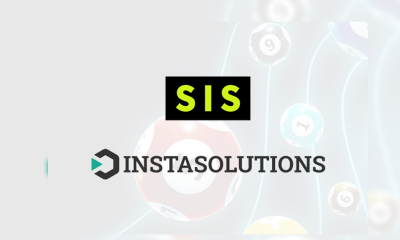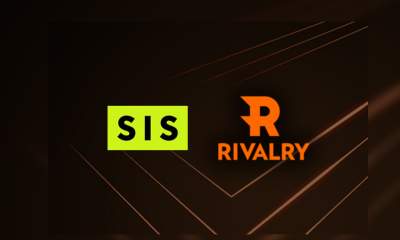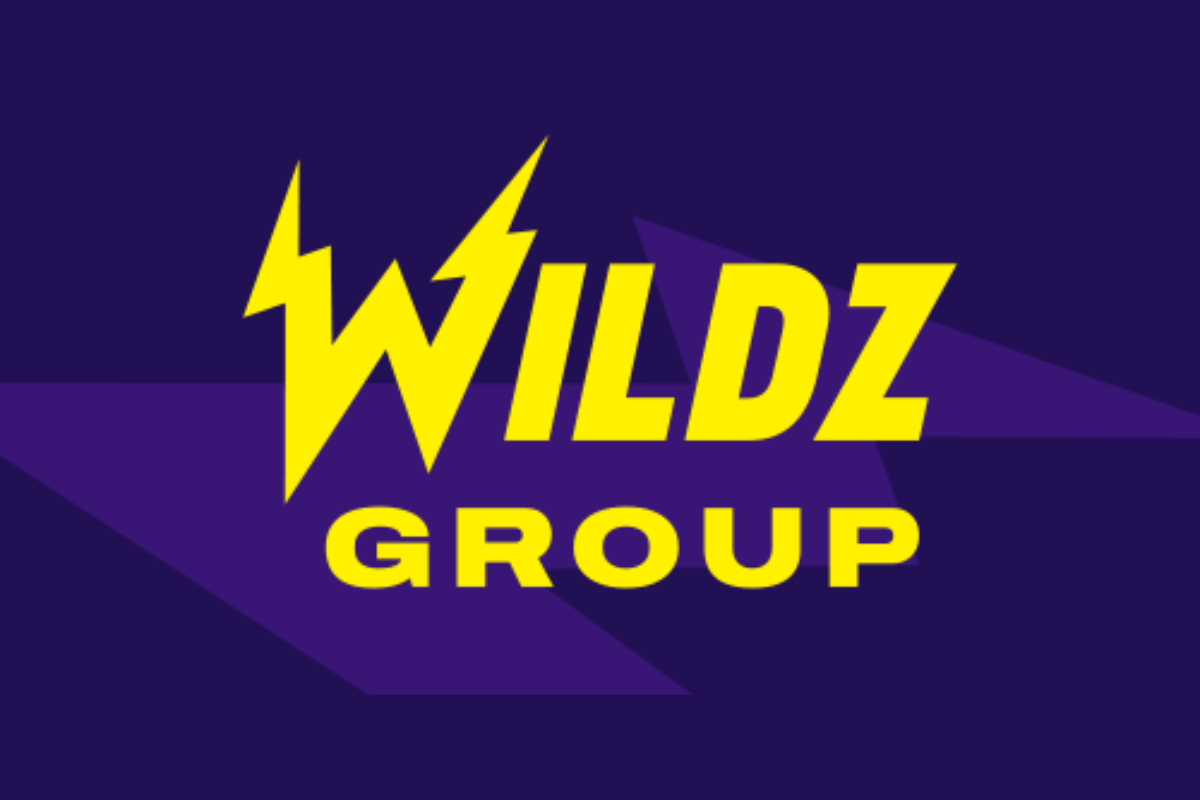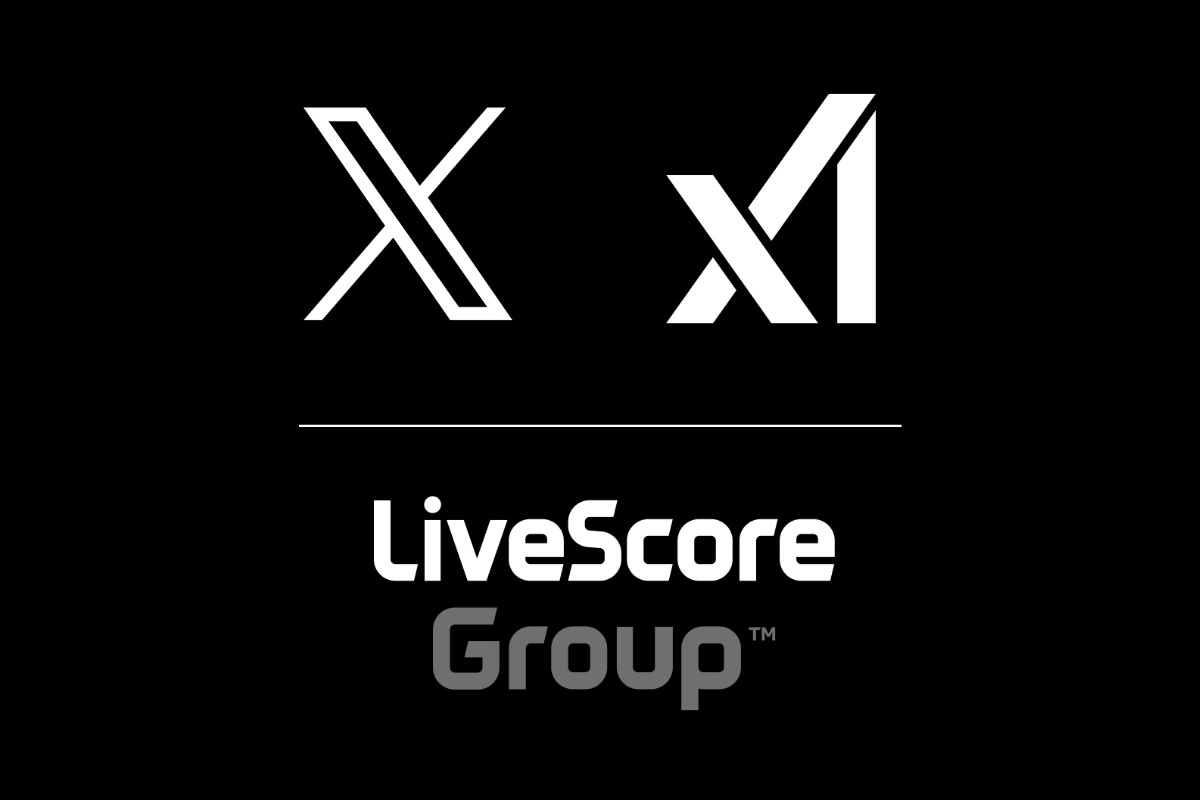Interviews
Cheltenham: Next steps for horse racing

Horse racing is one of the oldest activities in the world and the Cheltenham Festival is one of the spiritual homes of the sport. While the meeting is guaranteed to deliver strong engagement rates for UK-facing operators, there’s less interest among sportsbooks further afield in Europe. However, as horse racing continues to grow on the international stage, are European operators missing a trick by not identifying ways to make Cheltenham Festival and other UK meetings appealing to their own audience?
With the festival kicking off this week, European Gaming spoke to experts in the field on how the sport can make an impact internationally and the best practices required to make it relevant to a wider audience, while maintaining its status in the UK.
Alan Casey, CEO of AllSported
Adam Conway, Head of Trading at SIS
Dylan Casey Head of Paid Media, Checkd Media
Huge opportunities abound throughout the festival which brings a great deal of competition. How can horse racing operators make sure they stand out from the crowd during the event?
Dylan Casey: Too many operators allow their messaging to become like wallpaper throughout Cheltenham week. The ones who succeed are those that offer something unique or present their offer in a way that captures the customer’s eye and paid social advertising can allow operators to do just that.
A major advantage of paid social for horse racing operators is the guarantee of eyeballs and the sequencing of the messaging. The control of adverts being seen in a particular order can allow operators to get creative and even allow them to tailor the offer a customer sees based on their behaviour.
When running paid social for partner’s during the festival, we like them to refresh their messaging and offers daily. By tailoring it to certain races, horses or even jockeys, the messaging is always fresh and can help to avoid ad fatigue.
Not all operators will have the flexibility and resources to promote a different offer for each day of the festival. However, even if an operator’s offer isn’t unique enough to stand out, paid social advertising provides them with a huge opportunity to present that offer in a way that will allow them to do so.
Alan Casey: Content is king. Creating a sense of familiarity and comfort is all-important in cross-selling. Time and again, we see that racecards that feature plenty of content, predictions and ratings improve dwell time significantly.
However, even when an operator has this all-important content, how do they balance the integration times with the results? Separate integrations and multiple API feeds can take time and a lot of resources to put in place. It’s true that content is not always the priority compared to revenue-generating add-ons like cashing out, but without the content to engage customers, it’s likely a sportsbook will only get customers who are there to make a specific bet.
As well as that, consistency and balance matters a great deal, operators don’t need to be stand-out price every race, but an operator needs to be competitive in every race in terms of pricing and place terms. An operator can acquire a lot of customers by having the headline offer of the day or week, but it leaves the door open for customers to exploit that offer and leave.
Adam Conway: Aside from the traditional marketing techniques that operators adopt for the week of Cheltenham Festival, such as attractive promotional offers, offering a vast range of markets that are appealing to both existing bettors and newcomers is important. This includes the use of derivatives, which complement classic markets and allows those with little experience of racing betting to get involved.
Through our partnership with RACELAB we can offer the latest in trading technology which can help operators stay ahead of the smart money and offer prices at opportune times that standout from the crowd.
To what extent is there an appetite for UK horse racing outside the UK and Ireland? How does the sport need to adapt to appeal to this audience?
Alan Casey: From a customer perspective, there is a huge appetite, especially with regards to Cheltenham. It’s an easy sell with the best horses, jockeys and trainers on show and there are always magical storylines that capture the public’s imagination around the festival.
The obstacle for international operators is that the sport requires a huge level of expertise to work within it. The time and financial investment necessary to building a team to monitor the landscape is formidable.
The obvious solution is to outsource, but even then, there are pitfalls. It’s possible that an out-of-the-box service will leave an operator open to inaccurate pricing and following the exchanges blindly is dangerous based on liquidity and latency issues. It can be difficult to acquire and retain horse racing customers and even more so if there is no differentiation in the offering.
Operators need to invest in a flexible solution with a great deal of two-way communication. It’s vitally important to be able to react to your own customers’ bets and factor this into pricing. If an operator is reacting to the market alone, that lag will eat away at their bottom line.
Adam Conway: The cultural significance of major UK horse racing meetings means less for international operators and their customers, but there are still opportunities for non-UK sportsbooks to make the most of these events. The betting product needs be optimised differently for markets where there is less racing heritage, otherwise bettors are not going to be as likely to engage. This means promoting certain markets that can be more relevant to them. For instance, derivatives are becoming increasingly popular with international operators, with markets such as match betting and odds vs. evens far easier to understand. Ultimately, these types of markets don’t require as much insight into the sport itself, which encourages a wider audience to engage with the product. Horse racing needs to attract a new generation of bettors, and outside of the UK these kinds of markets are important to this approach.
Of course, establishing an in-house trading team to cover 24/7 racing events can be costly. In addition, the availability of traders that have the specialist knowledge required can be difficult to find in markets where there is a modest racing culture, which means they cannot efficiently manage pricing and risk. Our SIS Trading Services can help operators in these markets by offering them a fully outsourced solution that leaves the entire racing proposition in the hands of our experts.
How can international operators capitalise on UK horse racing meetings like Cheltenham Festival, which are proven to generate strong bettor engagement in its home market? What can domestic operators do to maintain a slice of the action amid such intense competition?
Adam Conway: One of the main challenges that UK operators face during major UK meetings such as the Cheltenham Festival is profitability. Promotions which include offers like extra places paid can impact the overall margins they can make. These sportsbooks require products and tools that can grow business and maximise margins. At SIS, we are working hard to make this possible by enhancing our Trading Services with the addition of next generation trading tools. In partnership with RACELAB, our traders now have the very latest technology advantage, ensuring we can stay ahead of the smart money and produce more intelligent prices. This includes the Odds Engine compilation software, which has the biggest breadth of content and the most sophisticated trader controls and the highest number of priced horses (including all the local pools).
For international bettors from regions where there is less racing heritage, we have found that it has been useful to offer additional levels of support to operators new to the sport. This means increasing the emphasis on those betting markets that are simpler to understand and don’t require specific in-depth racing knowledge. We can offer operators a managed trading service to help them manage their risk.
Alan Casey: A little education goes a long way. A huge number of people that aren’t full-time racing fans flock to bet on Cheltenham every year because of the status it holds. Investing in the right odds and pricing package that includes content as part of the deal can go a long way towards engaging these fans, as well as seasoned ones.
Cheltenham simply lends itself to this kind of content with some captivating narratives every year. Rachael Blackmore and Henry de Bromhead combining throughout last year’s event and taking the festival by storm stands out as a great example. There are always interesting narratives surrounding Ruby Walsh and Willie Mullins as well. It all captures the imagination and if international operators can gain the means to educate their customers on the ins and outs of the sport, they will be on to a winner.
Domestically, it’s about finding the right balance between trading and marketing teams. Consistency is essential in this product offering throughout the week. Single race odds boosts or acquisition offers don’t guarantee you a customer’s wallet for the four days of the festival or even for an entire day. The key is giving customers a choice of races that spreads out the positions more evenly and then helps the operator engage the customer in each race throughout the festival.
How is price latency and odds generation different in horse racing compared to other sports betting activities? What challenges does this present for operators?
Alan Casey: If we take a traditional sport like football, the teamsheets are announced an hour before kick-off and we see the market shifts as a result. Outside of that, there isn’t a lot of other information flowing into the market.
In horse racing however, there is more information in the market and operators are exposed from the minute they put bets up with no set times as to when information will enter the market. Latency issues become far more apparent in horseracing, dealing with large bets can result in loss of margin from a day’s racing. During the final minutes before the off, any latency or speed issue can result in operators being left badly exposed.
With the market constantly flocculating like this, Push APIs that inform operators the instant a price has changed can be invaluable, leaving no time for incorrect pricing on a sportsbook. Mere seconds of inaccurate pricing can be the difference between profit and loss.
-

 Asia7 days ago
Asia7 days agoDigital gaming disruption tackled in 1st AsPac Regulators’ Forum
-

 Africa7 days ago
Africa7 days agoBetKing Renews Ikorodu City FC Partnership for 2025/26 NPFL Season
-

 Compliance Updates6 days ago
Compliance Updates6 days agoKongebonus statement: Norway’s election result signals gambling policy continuity, but licensing debate is set to intensify
-
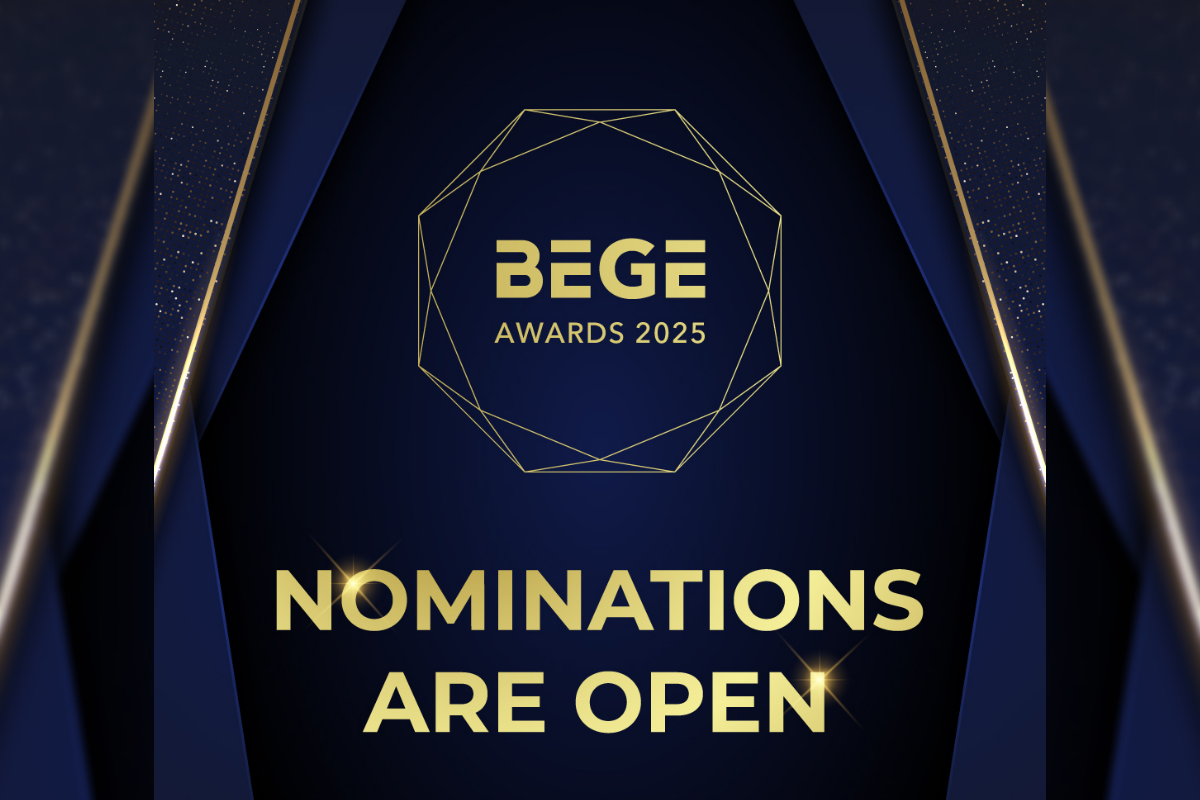
 Balkans6 days ago
Balkans6 days agoBEGE Awards Nominations Now Open – Celebrating 16 Years of Industry Excellence!
-
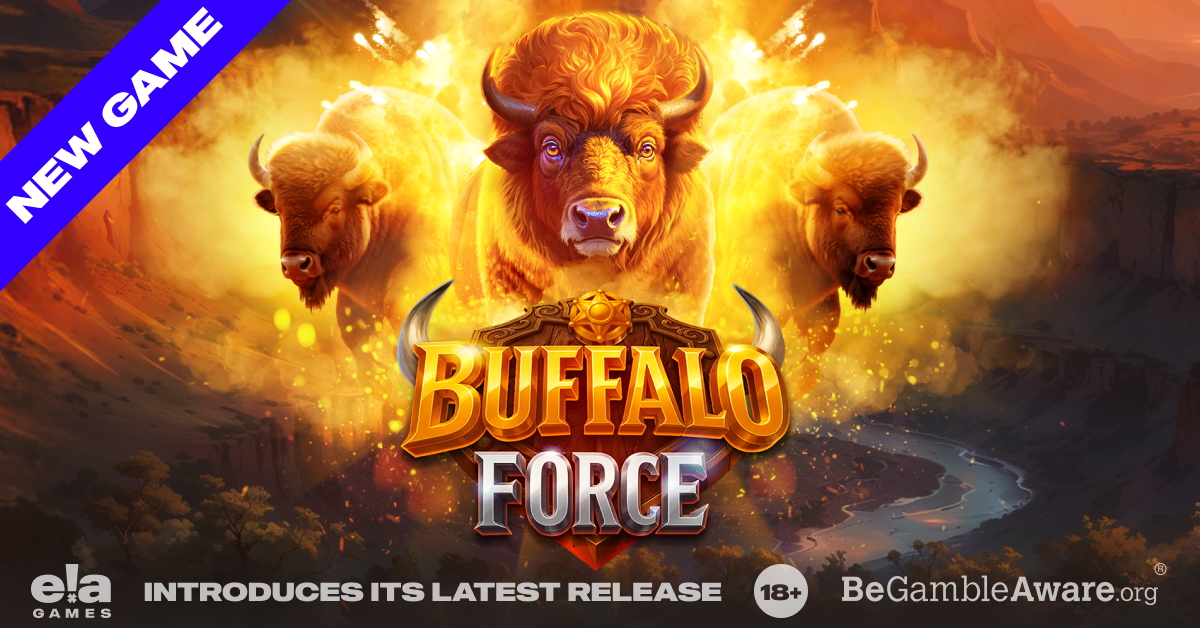
 Latest News6 days ago
Latest News6 days agoAnswer the Call of the Wild: ELA Games Unveils Its Latest Game “Buffalo Force”
-

 Latest News6 days ago
Latest News6 days agoWin a Fruity Fortune in BGaming’s Bonanza Trillion
-

 Latest News6 days ago
Latest News6 days agoSaddle up for big wins under the Bison Moon with the latest slot from Northern Lights Gaming
-
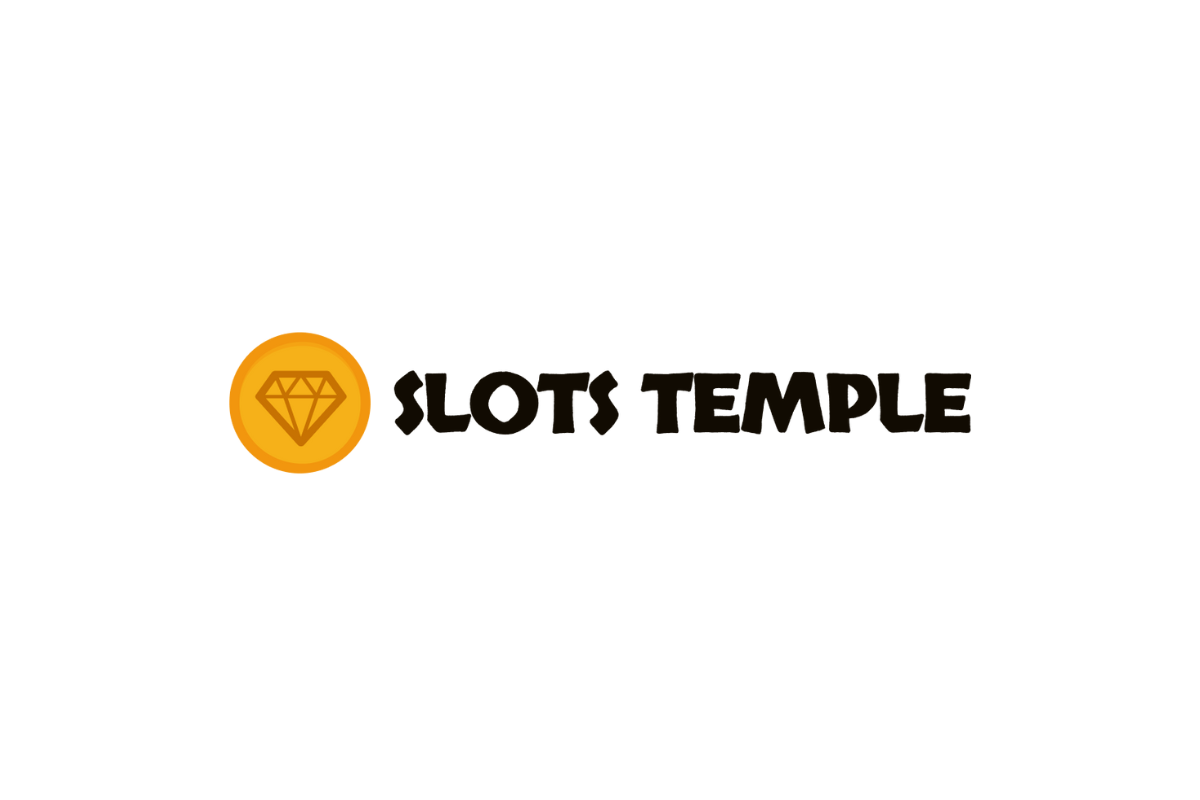
 Latest News7 days ago
Latest News7 days agoSlots Temple Announces Exclusive Free-to-Play Tournament Partnership with Pragmatic Play









